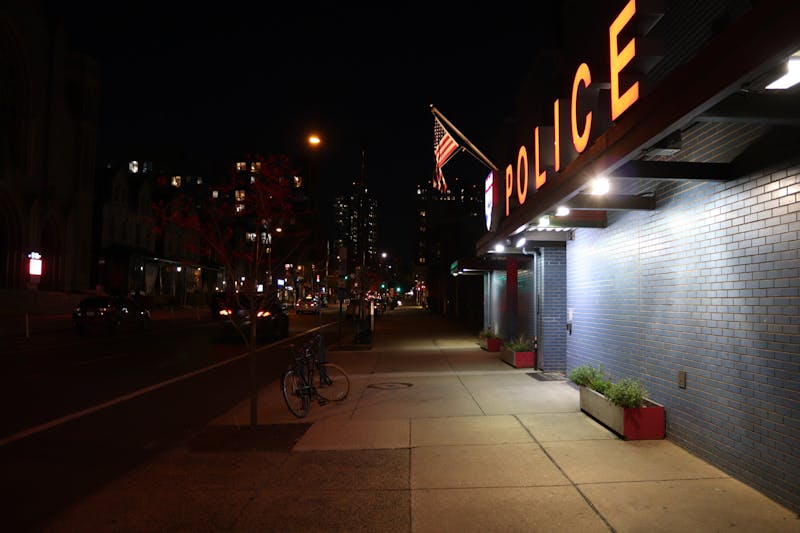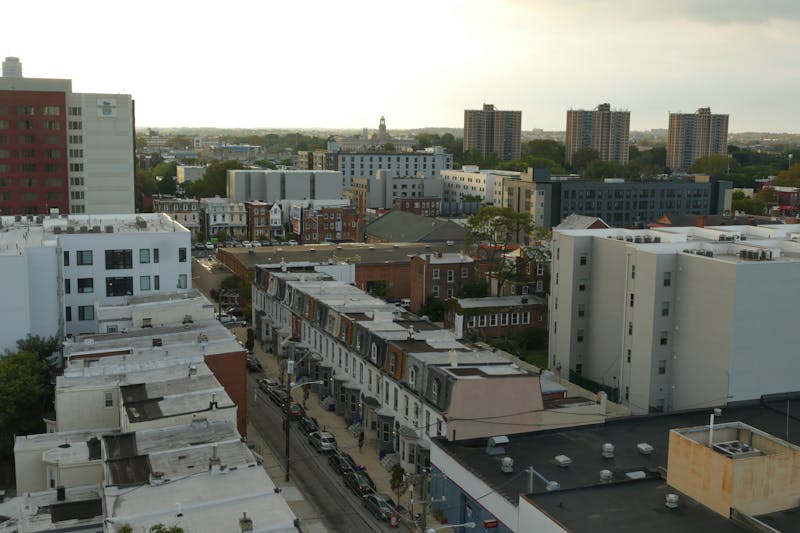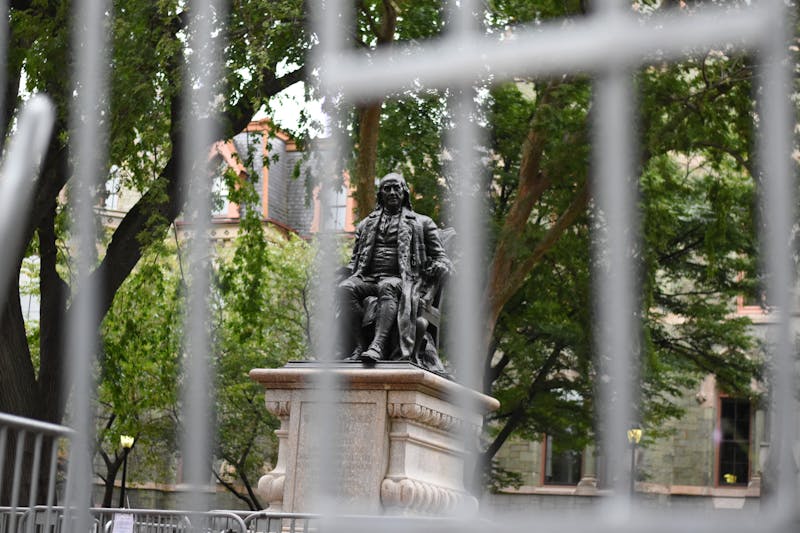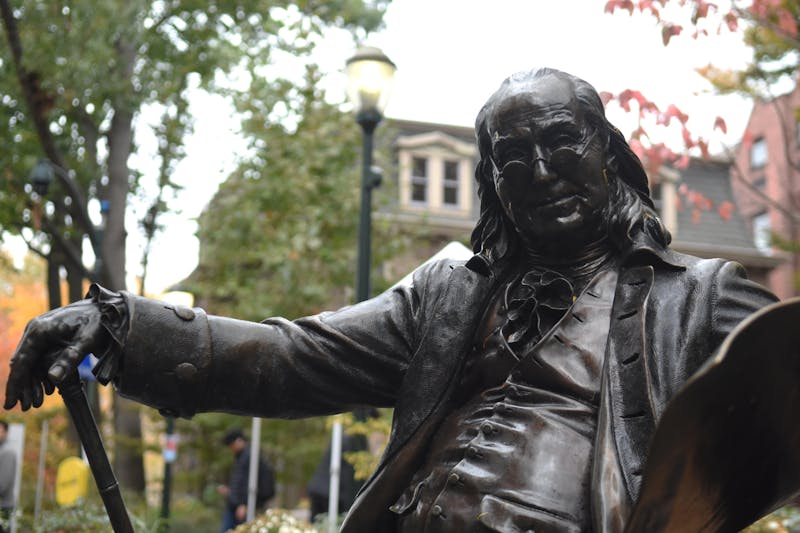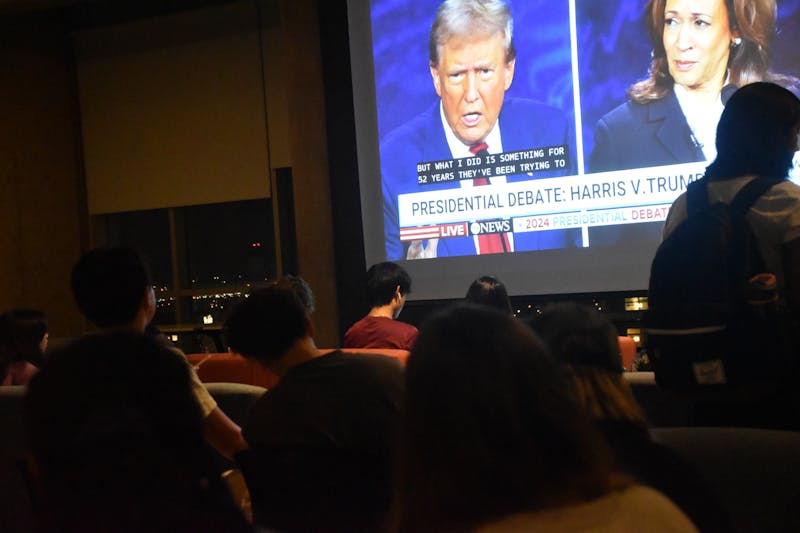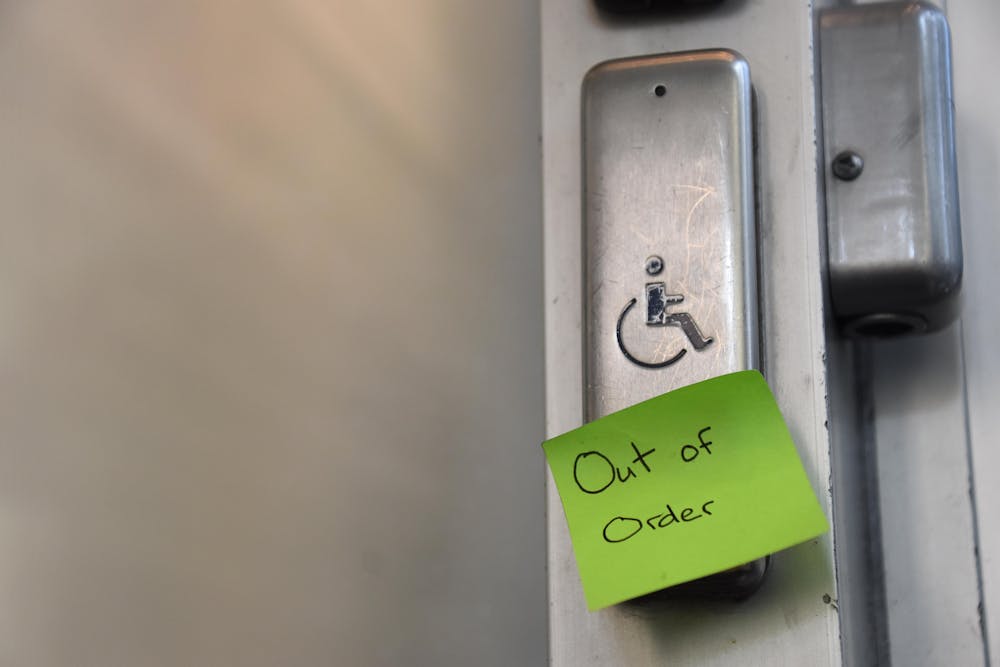
Imagine your commute to class every day, and everything you take for granted about it. Being able to open your own door. Knowing that, no matter what class you go to, there will be a seat for you (unless you attend one of those crowded lectures at David Rittenhouse Laboratory. What if none of those were guaranteed? How much of a hindrance would that be?
This is the reality that many disabled and marginalized students face at Penn. Even with an endowment totaling $21 billion as of June 2023, the support given to the most vulnerable populations is deeply and embarrassingly lacking.
Upon returning from winter break last year, I — along with many other high rise residents — found that my room was flooded. The administrators at Penn Residential Services quickly worked out a plan and informed us that we were to stay at the Sheraton until further notice. In light of the inclement weather (this preceded a school closure due to heavy snow), PennRides vehicles were also arranged to help move students and their belongings into the temporary residences.
I required some further assistance as a wheelchair user. After an exchange of emails, I confirmed that my room assignment at the Sheraton would be wheelchair accessible, and that I would have a van with a wheelchair lift pick me up. When the van showed up, however, the driver informed me that the wheelchair lift on his vehicle was broken, and that he had received no notification of any passengers needing it. No further action was taken; he made an “oh well” face and left me and my belongings in the heavy snow. I ended up having to drag myself and the suitcase through the weather without assistance.
Similarly, upon move-in this year, I had arranged for some move-in crew to meet me and assist with pushing carts, as I am not able to do it myself and my family lives far away. We had had a plan set in place. Someone from the team would come to my residence at 11 a.m. on Friday with two carts, and I was given their contact information. Once again, however, the crew member did not show up nor reply to my texts. I had to request my friends to help me, who thankfully pulled through, but I was also denied the originally promised two carts from the tents.
Frankly, being disabled at Penn is humiliating and dehumanizing. The wording may be strong, but so is my frustration and so are this institution’s deficits. I am sick of having to fight tooth and nail for rights that other students do not even know they have. At the beginning of every semester, I email countless building administrators to please leave the wheelchair seat open, lest I have nowhere to sit. Regardless, I am not given an option to sit anywhere else on days I cannot walk; I cannot choose to sit next to my friends, or closer to the professor. I can never go to a building without looking up whether it has space for me.
As there is no system to assign accessible classrooms to those who need them, I occasionally have to request for professors to change the location. As it is at their discretion, even going to class is not a guarantee, no matter how required that class is for my degree. Neither is housing: Moving in this year, I found that an automatic door opener had not been installed in my room, which means I have to struggle to go inside my dorm every single day. As of this week, I still haven’t received updates beyond the fact that they’re working on it.
I am by no means implying that Penn, any organization under it, or any one person, is ill-intentioned in their dealing with disabled students. I have found my disability specialist, the people at Residential Services, and the drivers from PennRides (or the sister service Penn Accessible Transit) to be exceedingly kind people who were willing to go far to accommodate me.
I occasionally encounter students and faculty who are unwilling to make room for me, or express blatant apathy about my disability, but those types of interactions are relatively uncommon; rather, the problem I face in my day-to-day life stems from the support that falls through or is otherwise lacking. Such is the nature of structural issues: They act out violence and hostility that has been embodied in the historic and cultural narrative of any given institution. Even without a so-called “ableist agenda,” or an explicit plan to exclude disabled students, we still face tremendous issues with accessing education, opportunities, housing, and much more.
We must work to dignify every student who has earned the right to be on this campus. We as a community must be committed to creating environments that are designed for all, which will often be at the expense of existing systems. Increasing funding for student resource centers like the Weingarten Center and Disability Services, as well as removing some of the bureaucratic barriers to accessing certain accommodations (e.g. by expanding provisional accommodations while a student obtains medical documentation), are good ways to start. Another key factor is attention from the wider community. Institutional issues require institutional-level changes, which means that we should embody care and support for marginalized students instead of treating them as an afterthought.
JESSEY SHIN is a College sophomore studying sociology and communication from Seongnam-si, South Korea. Their email is jessey0@sas.upenn.edu.
The Daily Pennsylvanian is an independent, student-run newspaper. Please consider making a donation to support the coverage that shapes the University. Your generosity ensures a future of strong journalism at Penn.
Donate




